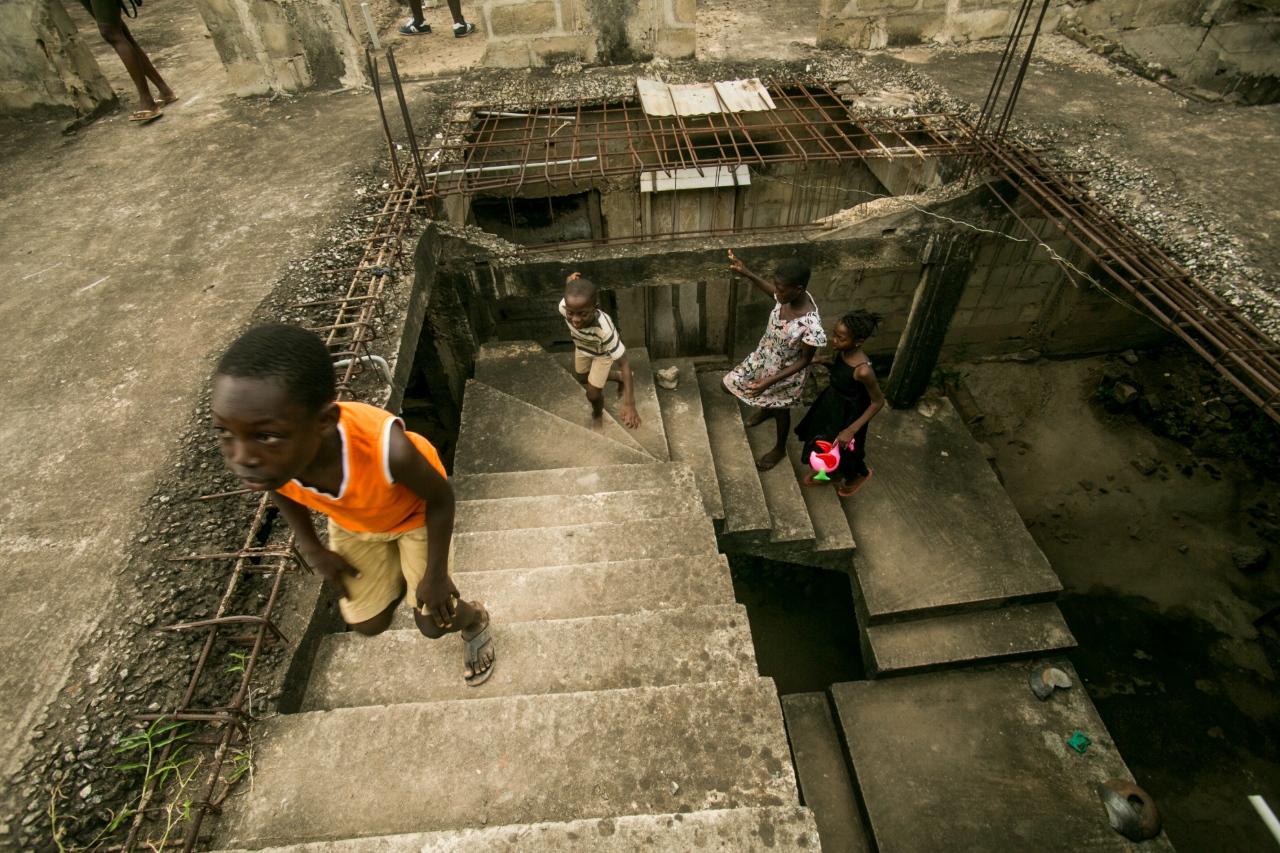

Lisa Gauchay, a licensed clinical social worker at the Huntsman Cancer Institute, noted that breast cancer frequently gets dismissed in younger patients. “It’s a right, and frankly, a responsibility for a patient to advocate for themselves until they feel like they have gotten a satisfactory answer,” Apte said. “Because if I had just sat there and waited, or let the doctor watch it, I don’t know what would’ve happened.”Īpte noted that, as a doctor himself, he encourages his patients to get multiple opinions if they’re not satisfied with the original answer. “If you don’t feel comfortable with something a doctor wants you to do, push back or find another doctor,” Little said. She still didn’t feel good about it - so she scheduled a few appointments and finally got a biopsy to determine that the lump was cancerous. When Little saw a lump on her left breast, her gynecologist told her that while it was unusual, she wasn’t in a risk group for breast cancer, so they would simply watch it and see how it progressed with her menstrual cycle. Little, a breast cancer survivor and head of Utah County’s Young Survivor Coalition, said that younger women commonly get misdiagnosed or have their concerns put on a shelf. In fact, getting diagnoses of breast cancer specifically has proven a difficult journey for Eliza Little and Rebecca Cressman. Grover isn’t the only one who has had a roller coaster of a healing journey. | Krew Grover Self-advocacy with breast cancer And it’s only after some diagnostics and testing and thought does the real diagnosis show up cancers can kind of fool you in that way.” Luke Grover stands on a mountain above Idaho Falls ON May 1, 2023. “There are many medical conditions that masquerade as something else. “Getting to the right diagnosis is not always easy as it sounds,” Apte said. In fact, Apte noted that several different cancers can appear as other diseases, making it difficult for some healthcare providers to pinpoint a diagnosis right away.

“Yeah, it can be hard, it can be confusing, and they absolutely are doing the very best they can.” “The truth for me is that I have absolutely loved the doctors, and I truly attest them to saving my life,” Grover said. The different diagnoses led to some emotional distress, but Grover noted how, no matter the situation, the doctors’ work protected him from the ever-evolving cancer. “The emotional roller coaster that I’d gone from ‘You have pneumonia,’ to lung cancer, ‘It’s not that bad, get a procedure’ - to stage IV, ‘You’re going to die,” Grover said.


 0 kommentar(er)
0 kommentar(er)
